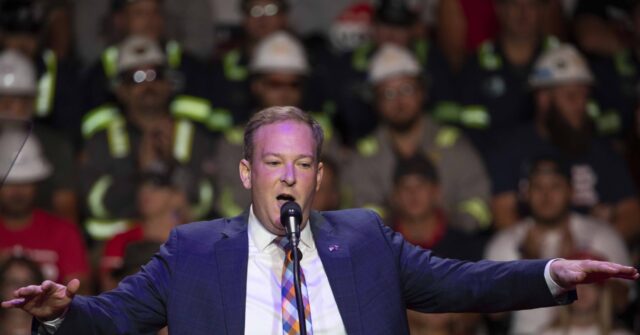Former Rep. Lee Zeldin (R-NY), a notable pro-Israel figure, made headlines when he accepted endorsements from several Arab American leaders for Donald Trump in New York City. This unexpected alliance highlighted a unique political moment, as Zeldin, a Jewish politician and staunch Zionist, stood alongside leaders from Arab and Muslim communities. Their unification, although surprising given their historically differing perspectives on Israeli policies, underscores Trump’s potential as a conduit for peace in the Middle East amidst the contentious political climate.
The Trump campaign is effectively cultivating an unusual coalition that melds pro-Israel conservatives with Arab and Muslim voters, both groups driven by their own distinct motivations. Supporters from Jewish and evangelical Christian backgrounds laud Trump’s administration for its robust backing of Israel, arguing that this strengthens America’s resolve against adversarial forces like Iran. Conversely, many Arab and Muslim voters, who initially viewed Trump with skepticism, appreciate that his administration refrained from instigating new military conflicts in the region. They also perceive Trump as a figure who could more significantly influence Israeli Prime Minister Netanyahu’s approaches than President Biden, particularly in the context of the ongoing frustrations with the current administration.
The premise of mutual aspirations for peace has emerged as a pivotal theme in this coalition, where both communities see a strong United States and a secure Israel as essential to mitigating war. For Jewish conservatives, Trump’s commitment to Israel is paramount, while Arab and Muslim voters are attracted to the belief that Trump genuinely seeks to foster peace in the region. This coalition is particularly critical in swing states like Michigan, where Trump has garnered endorsements from local Arab and Muslim leaders, leading to astonishment among liberal commentators who traditionally view these demographics as solidly Democratic.
As the election approaches, it is evident that this political dynamic may influence voter behavior within both communities. Although a substantial number of Jews, Arabs, and Muslims may still lean toward voting for the Democratic candidates, the endorsement of Trump by prominent figures might sway a significant minority. This potential shift could disrupt the expected voting patterns and yield considerable electoral consequences, particularly in tight races where every vote matters.
Zeldin’s acceptance of the endorsements represents not merely a political strategy but a rethinking of alliances within the broader scope of American politics. This maneuver could indicate a growing recognition among voters that aligning along different identities can lead to a common understanding and cooperative aspirations. By focusing on shared goals rather than historical divides, these groups may redefine their political trajectories and reshape the landscape in upcoming elections.
In summary, the intersection of Jewish and Arab American support for Trump illustrates a remarkable instance of coalition-building against the backdrop of partisan divides. Together, these groups are exploring new avenues for engagement that prioritize peace and security over traditional frameworks. As this political narrative unfolds, it will be vital to observe how this coalition continues to evolve and whether it can sustain momentum beyond the election cycle, potentially influencing future political interactions among these diverse communities.

